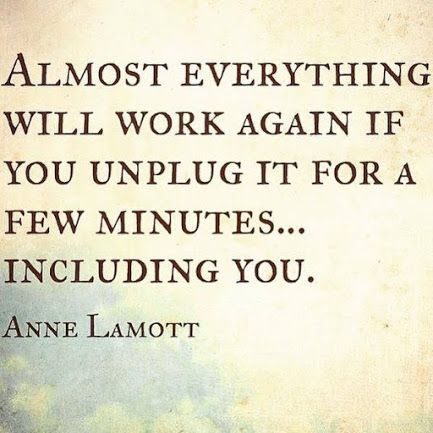You had high hopes for your first year at Ohio State, but it’s probable some facet of your experience has fallen short of or been different from your original expectations. As second semester is wrapping up, you may be facing a few questions and concerns.

I was used to getting good grades in high school. What happened?
College is much different from high school in terms of academic expectations, the ways you are tested, and professor-student relationships. It is important not only to recognize these differences, but to take actions that will help you succeed in this new and more challenging learning environment.
The emphasis in college is more on the application of the material you are learning rather on the material itself. While taking an exam, you may find yourself thinking, “We didn’t go over how to do this problem in class!” Panic mode usually ensues and you get upset at the professor for doing such a thing. In reality, not much changes throughout college and even into the working world. This style of testing forces you to leverage what you do know and apply it to something you may have never seen before; it is a tough transition at first, but gets easier the more you learn how you study best (and how you “studied” in high school is likely not how you should be studying in college).
You also may have been used to having immediate and easy access to your teachers in high school; now, if you want help, you need to seek it out yourself. Gone are the days of exams that are just like the study guide. I can’t emphasize enough how valuable office hours can be if you do not understand material you have been going over in class or want to gain insight into what topics your professor finds most important in terms of testing. It may be difficult to believe, but your professors want you to succeed.
If you have not recieved the grades you were expecting, I know it can be discouraging, but believe me when I say, “It is okay!” The issue is not your intelligence or maybe even your effort; it is likely that you have not made the transition from the high school mentality towards education to the college mentality. What can you do about it?
- Use a planner or electronic calendar (I use Google Calendar) to plan out when you will study/work on homework for each week
- Take study breaks and be conscious of your engagement level.
- Don’t cram. Try to keep up with material as you are going through it in class.
I tried to get involved but I haven’t found the meaningful involvement I thought I would.
There is often a period of feeling like the “new guy” when you begin coming around to different organizations, but the more you go, the more people you begin to recognize and get to know, and the more friends you begin to make in that organization. Eventually, you will start to feel like it is a place you belong if you are patient and make it through that initial adjustment period.

It certainly helps to try and find organizations that align with your values, goals, or views on life as it becomes a place in which you feel refreshed and encouraged. I did not begin feeling like I truly found opportunities that helped me grow as an individual and feel as if I was integrated into the community until my second year.
During my first year, I went through huge changes in terms of what role my faith played in my life. It became my everything and so naturally, I got involved with a church on campus called H2O where I could continue to grow, learn, and be a part of an extremely caring community that can be fully empathetic toward my struggles and frustrations with life, with full understanding of my world view. This is not me saying that diversity of opinions in your life is to be avoided; rather, I’m emphasizing the importance of having support from a community that understand where you are coming from.
- BE PATIENT. We all need to get over our culturally-imposed need for immediate gratification and be patient.
- Figure out what you really care about in life, then sort through what types of organizations you may be interested in.
- Deeply invest yourself in people and community. You probably won’t get much out of organizations if you view them as if they exist to serve you.
- You are a Buckeye and you have a home at Ohio State. Finding that is the challenge, but it’s worth investing the time and energy to find it.
I still have no idea what I want to major in.
You are not alone! I changed my major in my second year. It happens. Focus on what you want your life to be about and how you want to use it, then work backwards and seek out opportunities in which you can contribute toward that purpose through your career. This summer is a good time to do some soul searching.

- Reflect but know there’s no right answer. You will gain better direction as you get exposed to what is really out there through out your college career. Don’t be afraid to take opportunites to learn about new things.
- A. W. Tozer’s Rules for Self-Discovery:
- What we want most
- What we think about most
- How we use our money
- What we do with our leisure time
- The company we enjoy
- Who and what we admire
- What we laugh at
College is a huge time for personal growth but that doesn’t happen if you do everything perfectly. Know that most people–including me–still struggle with these very same issues. I’ve found it helps to view college as a time to learn and develop your values, beliefs, and what truly interests you in life; the rest has a way of falling into place.



